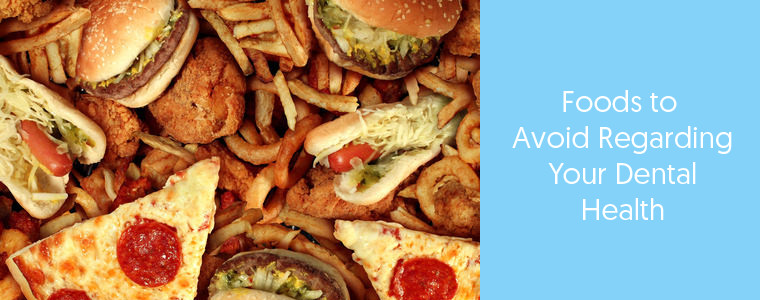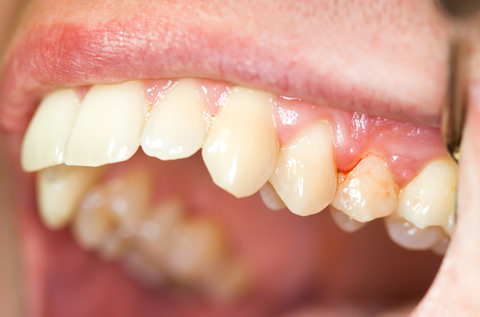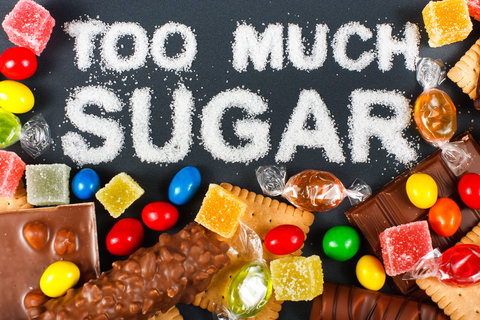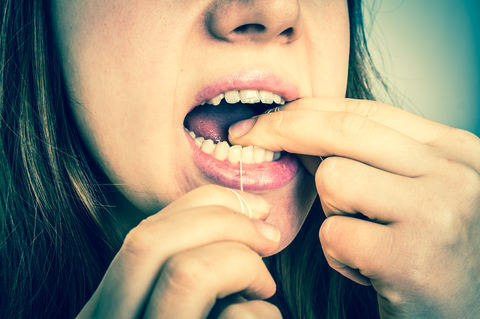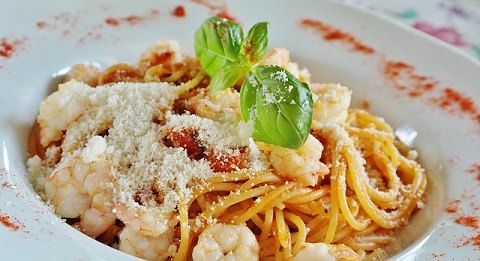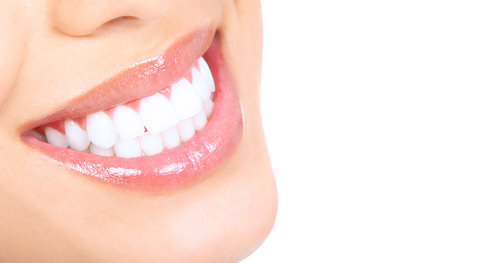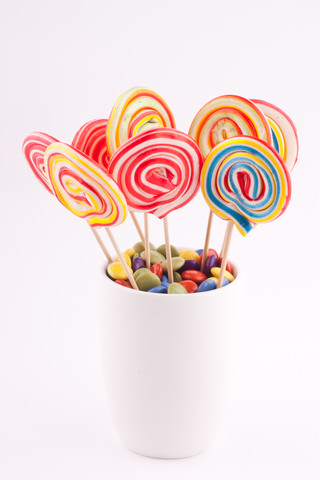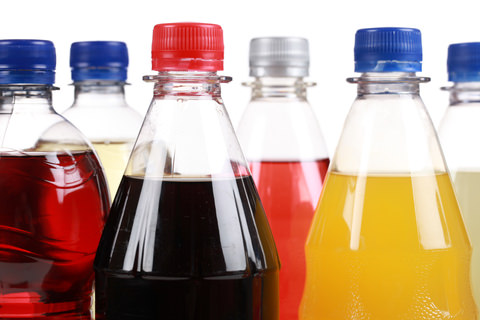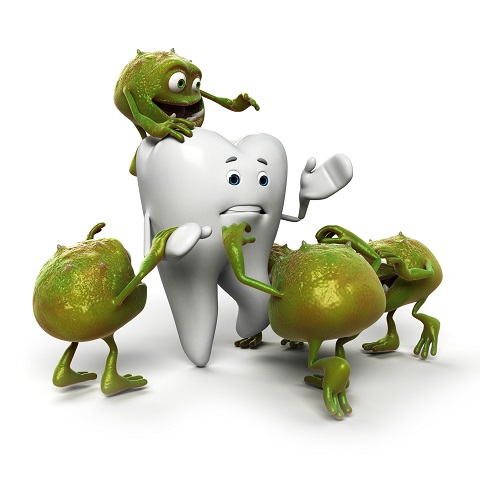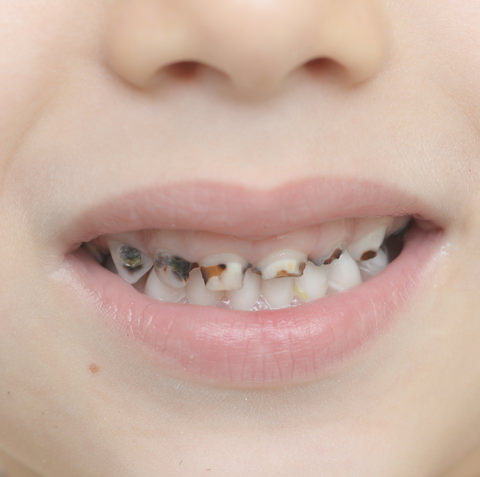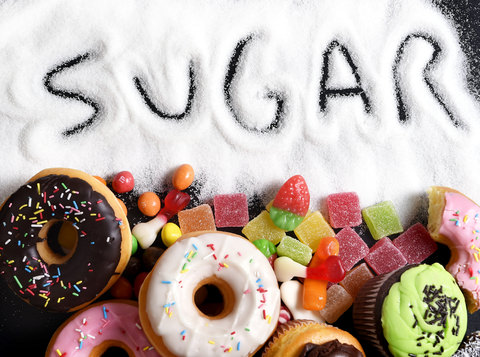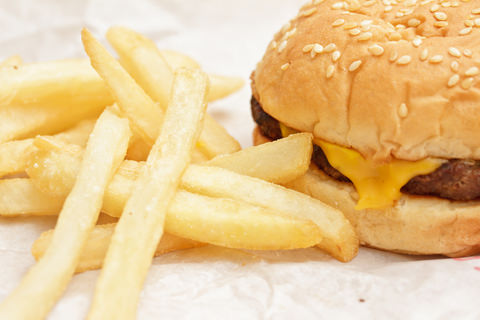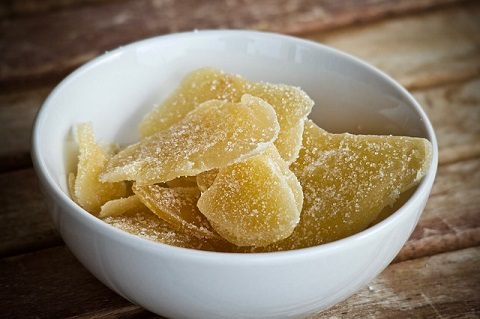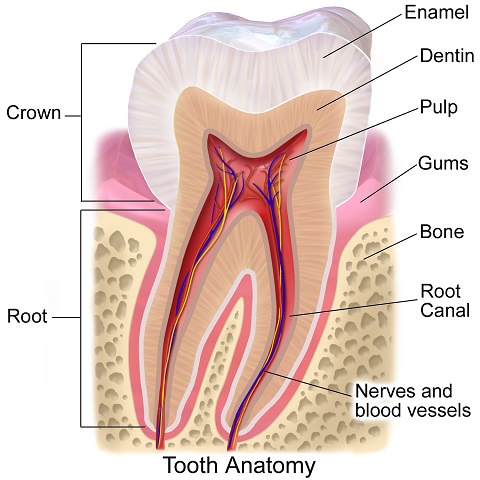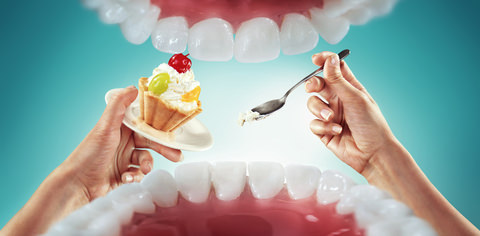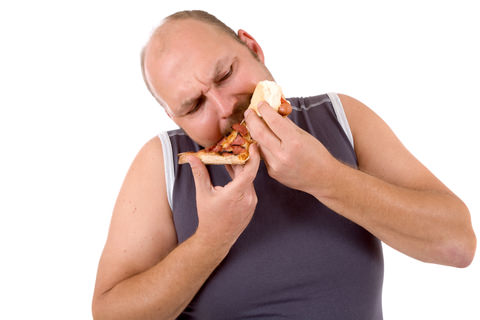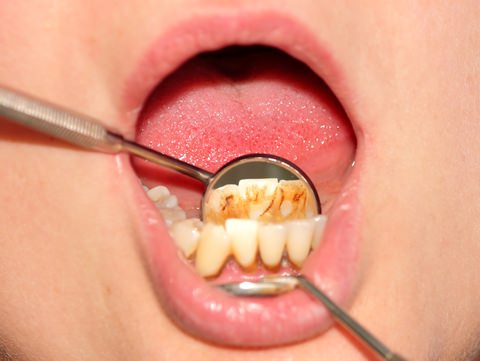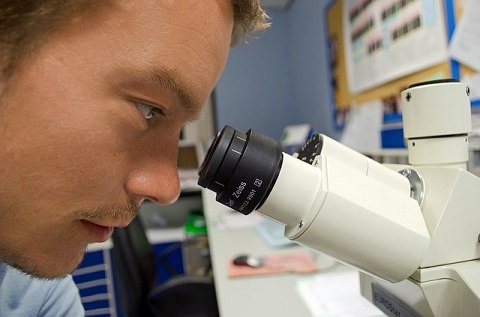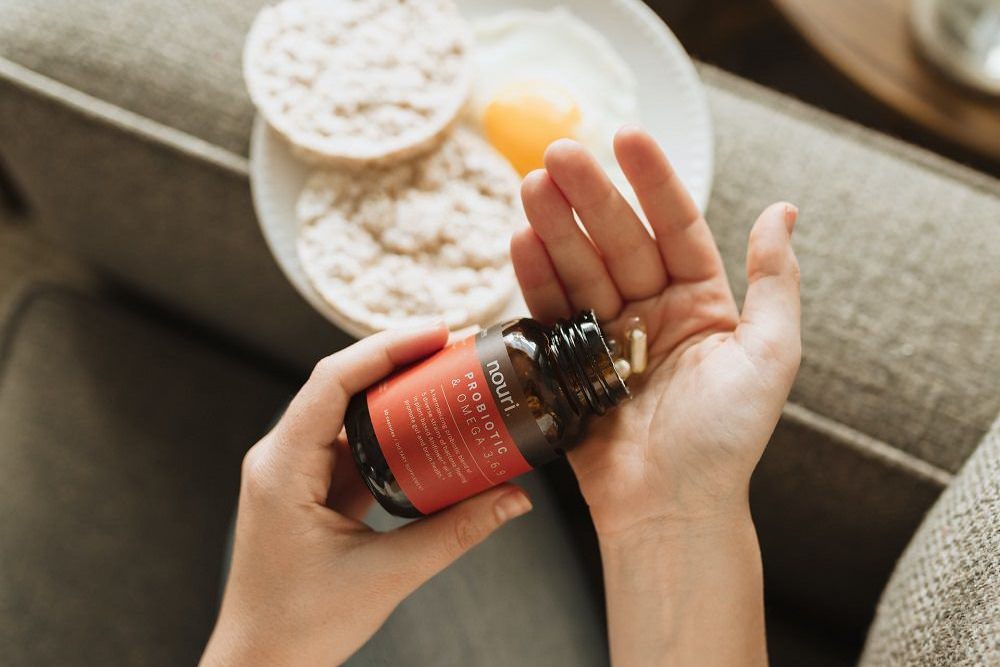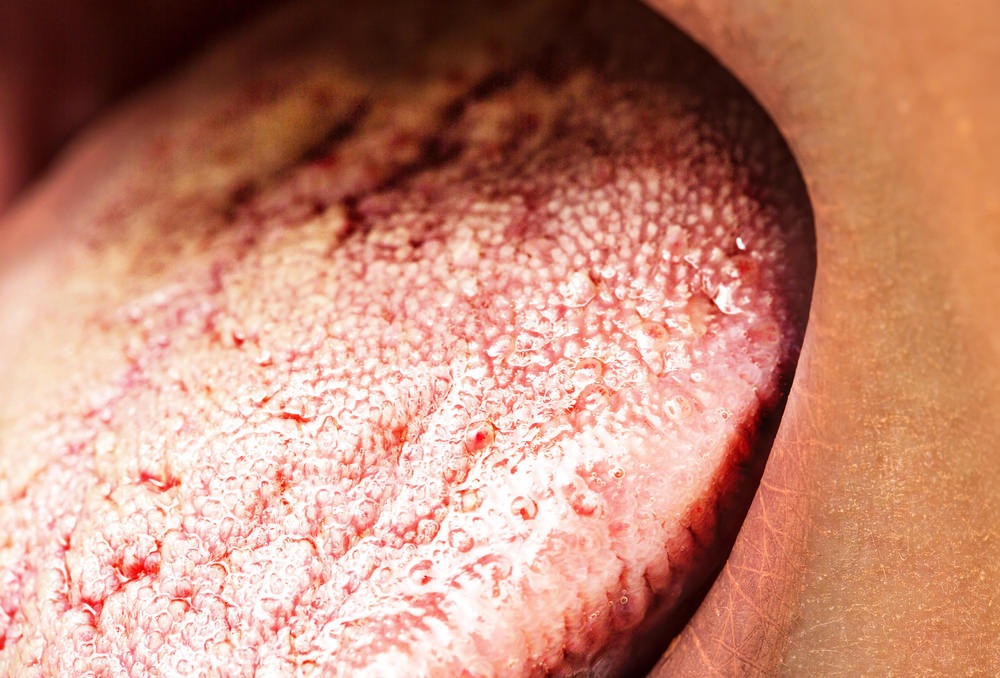Foods That are Bad for Your Dental Health
Your dental health has a direct relationship with the food you eat.
This is why some food and drinks can harm your teeth, causing cavities and other problems.
The foods that are the worst for your dental health are anything that has high sugar content, foods that are acidic in nature or are extremely starchy.
This article will help you identify these unhealthy food groups so you can improve your dental health.
Let’s look at these in detail.
Foods High In Acid
Acidic foods are characterised by their low rating on the pH scale.
The pH scale is broken into 3 groups:
- A reading of 0 indicates the food is acidic
- PH level of 7 is neutral
- When a food type is 14 it’s alkaline
When it comes to dental health, acidic foods can prove to be detrimental.
Acidic foods directly affect the protective layer around your teeth – the enamel.
Once the enamel layer erodes, plaque and other bacteria can infect your teeth roots and gums that cause tooth decay and cavities.
Once enamel is damaged, you’ll expose your dentin which is the layer beneath your enamel.
When this occurs, you’ll most likely have issues with sensitivity as well.
Examples of such foods that are acidic include:
- Processed Foods.
- Grains.
- Meat.
- Some types of dairy.
- Coffee.
- Sugar.
- Nuts.
- Eggs.
Foods High In Sugar
Sugary food items are one of the main culprits of dental diseases and poor dental health.
The harmful bacteria in our mouths feed off sugars and create acids that erode enamel.
The sugars also cause cavities and tooth decay.
Although eliminating sugars from your diet is an impossible task, minimising the intake is advisable.
Sugar, especially refined sugar, should be consumed as little as possible.
It is also important to clean any leftovers after consuming sugary food items.
Sugary food leftovers present bacteria with an ideal opportunity to feed off and boost the growth of plaque.
Foods That Are Sticky/Chewy
Chewy or sticky foods are hard to chew and will cling on to and around your teeth.
It is sometimes near impossible to scrub away all those chewy foods at times, causing them to be left in your mouth for long periods of time.
Coupled with sugar (such as toffees and lollies) present an ideal ground for harmful bacteria in the mouth to grow.
Bacteria will feed off and produce more acid and plaque than normal under these conditions, further hindering your dental health.
Sticky/chewy food leftovers should be cleaned entirely using a soft toothbrush and floss.
Interdental brushes work well also to remove the buildup you may be faced with after eating these foods.
Foods That Are High In Starch
Many dental hygiene experts and dentists list starch as a harmful component for dental hygiene.
That is because starchy foods or refined carbohydrates immediately turn to sugar upon consumption.
This conversion occurs at the pre-digestive stage via the enzymes in the mouth.
The conversion in turn kick starts the acid production process by the harmful bacteria present in your mouth.
Starchy foods include commonly consumed items such as white bread, potato chips, and pasta.
These items can easily become stuck between the teeth and crevices, providing ample time for the bacteria to produce acid.
Foods That Dry Your Mouth
A dry mouth is an ideal place for bacteria to grow and produce acids.
The best and first defence against oral issues is saliva.
Saliva washes away bacteria and enriches by minerals that help keep your teeth healthy.
It is also crucial in preventing food from sticking in and around your teeth.
If the saliva in your mouth drops to a low level, the harmful bacteria get free reign – which is a threat to your dental health.
Examples of foods and drinks which dry your mouth include alcohol, coffee or some medicines.
Although not food, smoking is another item that will dry out your mouth dramatically!
Foods that are Hard to Chew
Many people are accustomed to chewing on things that are very hard, such as ice, hard lollies and un-popped popcorn.
While teeth are made to endure chewing hard foods, there is only so much the teeth can endure.
Enamel is the hardest part of your body, but even these hard foods can damage it as well.
Such habits can even cause you to chip your tooth, leading to further complications.
Dental hygiene experts advise that if something is too hard to chew, don’t do it.
Worst Foods for Your Teeth that Should be Avoided
Some foods are detrimental for your dental health and should be avoided.
These foods and drinks items help harmful bacteria produce acids and, as a result, build plaque.
Soft drink
Soft drink has been one of the major causes of cavities and other dental problems for many years.
Drinks that contain loads of sugar are not only bad for our dental health but our overall physical health as well.
Soft drink consumption presents a two-edged sword for its drinkers.
Firstly, they are highly acidic. Acids found in them can harm your teeth more than sugary items, as acids extract minerals from your enamel and weaken it.
Secondly, soft drinks are rich in sugar.
Ultimately, providing a feast for the harmful bacteria in your mouth and increasing plaque.
Even diet versions of these drinks, which are sugar-free, are harmful as they remain acidic.
Diet free types include at least citric and phosphoric acids
Lollies
Lollies are every child’s dream come true, and every dentist’s worst nightmare.
A lollies’ high sugar content along with their sticky nature make them a nuisance for dental health.
Furthermore, there are sour and hard lollies in the marketplace which add to dental issues.
Hard lollies damage the enamel or worse, can chip your tooth off.
The slow dissolving nature of such treats means they remain in your mouths longer, leaving sugar behind.
Sour lollies are rich with different types of acid which damage the enamel and lead to tooth decay.
Citrus Fruits
While citrus fruits are a comprehensive source of Vitamin-C, you should avoid excessive intake as it has high acidic content.
The acids in citrus fruits can cause your tooth enamel to decay.
A decaying enamel opens up the way for teeth infections and other dental diseases.
Of all citrus fruits, lemons and grapes are the most acidic whereas oranges are the least acidic of the group.
Crackers, Chips and Fries
Crackers and potato chips and fries contain starch and refined carbohydrates – both of which are harmful to your dental health.
The refined carbohydrates quickly turn to sugar upon consumption whereas the starch also harms your teeth.
Their mushy-gooey structure upon consumption also makes them sticky which means the leftover bits can get stuck between your teeth and crevices.
Dry Fruits
Dry fruits come with an undeniable array of health benefits.
However, they also have characteristics which can harm your oral hygiene and health.
Dry fruits are not only sticky when chewed upon, but also include a high sugar content.
They come packed with natural sugars as well as non-soluble cellulose fibre which makes them harmful for your dental health.
While some food items do carry health merits and should be consumed, dental hygiene experts recommend the proper cleaning of the teeth after the meal.
Why Are Healthy Teeth Essential?
You are what you eat. This adage perfectly sums up the dilemma of a conscientious person who understands the importance of dental health.
Dental health and diet go hand in hand.
If you do not have healthy teeth, it’s probably mostly because of your diet or other lifestyle choices.
Teeth are the strongest element in the human body, protected by the hardest structure present in a person’s body.
Your Enamel
Enamel is one of the strongest components in your body, and it forms a protective layer over the teeth.
It protects the teeth from bacteria and other microbial infections that threaten oral health.
Once damaged, the enamel is irreparable and paves the way for bacteria and plaque to attack sensitive areas of the tooth.
Humans use their teeth for catching, chewing, biting and shredding their food.
They help you chew, digest and absorb essential nutrients from your body.
The nerve network that links the teeth with the brain is amongst the largest nerve networks found in the human body – actively connecting the teeth to the brain.
This connection happens because your body needs to grasp what takes place inside your mouth entirely.
Bad dental health may lead to the overall declining health of a person’s body.
Tooth pain or gum irritation act as alarms that the body is sounding to direct your attention towards a crucial matter – your dental health.
Cavities and dental plaque, if left unchecked and aided by the consuming foods that hinder dental health, can break through the teeth’s protective layer.
Once the tooth is vulnerable, plaque can cause tooth decay, damaged tooth roots and worse.
Possibly reach a human being’s nervous system and blood circulatory system.
Bacterial infection in the bloodstream is never a good sign and can threaten a person’s survival and cause irreparable harm to a person’s nervous system.
The body naturally builds bacteria that help maintain a healthy mouth – but it counts on your dietary intake to strengthen your teeth.
How Does Food Affect Dental Health?
Teeth are the first point of interaction for the food and the body.
Therefore, it is natural that our dietary pattern affects our dental health as well as physical health.
The fact that our mouths form a very important part of the overall digestive system is often neglected.
Our mouth, like other parts of the digestive system, is home to microbiomes.
A microbiome is a large mass of microorganisms that reside in a particular organ or part of the human body.
Billions of microorganisms, such as 600 species of bacteria, reside in our oral microbiome.
However, not all bacteria are harmful to our oral health. Some of the bacteria are helpful in maintaining our oral health.
Before discovering such bacteria, it was common practice to maintain dental hygiene by eradicating all bacteria – including the ones that do more good than harm.
Food affects our dental health in two different ways:
Builds Plaque and Bacteria
Teeth are fully involved in the process of eating a meal.
They fulfil their purpose as a person chews and bites on food or drinks water or any other beverages.
Not every food particle makes its way to your stomach.
Some of it is left inside your mouth, stuck between the teeth and on the surface.
Bacteria rush to such food items, especially sugary items, and extract sugar and carbohydrates from them.
The bacteria excrete an acid that results in plaque.
The leftover food, unless flossed away, can also lead to cavities and bad breath.
Plaque build-up is an ever-continuing process.
Whenever we consume food, the bacteria feed on the leftover bits and plaque is formed.
Plaque, if left unchecked, can lead to various serious infections and oral diseases.
Affects Your Oral Microbiome
The oral microbiome forms a part of the much larger, digestive microbiome.
When you chew food, the oral microbiome is interacting with the food at that time.
The oral microbiome is crucial in exchanging calcium with your teeth.
It also plays an essential role in delivering microbes to the digestive microbiome.
If the oral microbiome faces an imbalance where harmful bacteria dominates other microbial organisms, the problem can spread to the digestive system.
Before dental technology had advanced to a level where it could differentiate between harmful and oral-friendly bacteria, the solution was wiping off all forms of bacteria.
We now know there are certain types of oral friendly bacteria that we need to sustain.
Such ‘probiotics’ can reduce the numbers of bacteria that cause tooth decay and other problems.
These probiotics have also been linked to an overall increase in the digestive system’s functionality.
Certain types of food and drinks can increase the growth of such probiotic bacteria.
One simple and easy type of food that provides a good source of probiotics is yoghurt.
Conclusion
One point I think I have made pretty clear is that sugar is shockingly bad for your teeth.
Foods that contain high levels of sugar should be avoided wherever possible.
But eating correctly is only one side of this dental coin.
Proper dental hygiene is a must.
The sooner you develop and consistently follow a dental hygiene routine, the better your chances are of improved oral health.
Adopting a good diet and routine brushing and flossing every day should keep you on track to having healthy teeth.
Has your diet ever led to dental issues? How did you resolve them?
By Anthony Cade
Created at October 04, 2018, Updated at January 25, 2025


